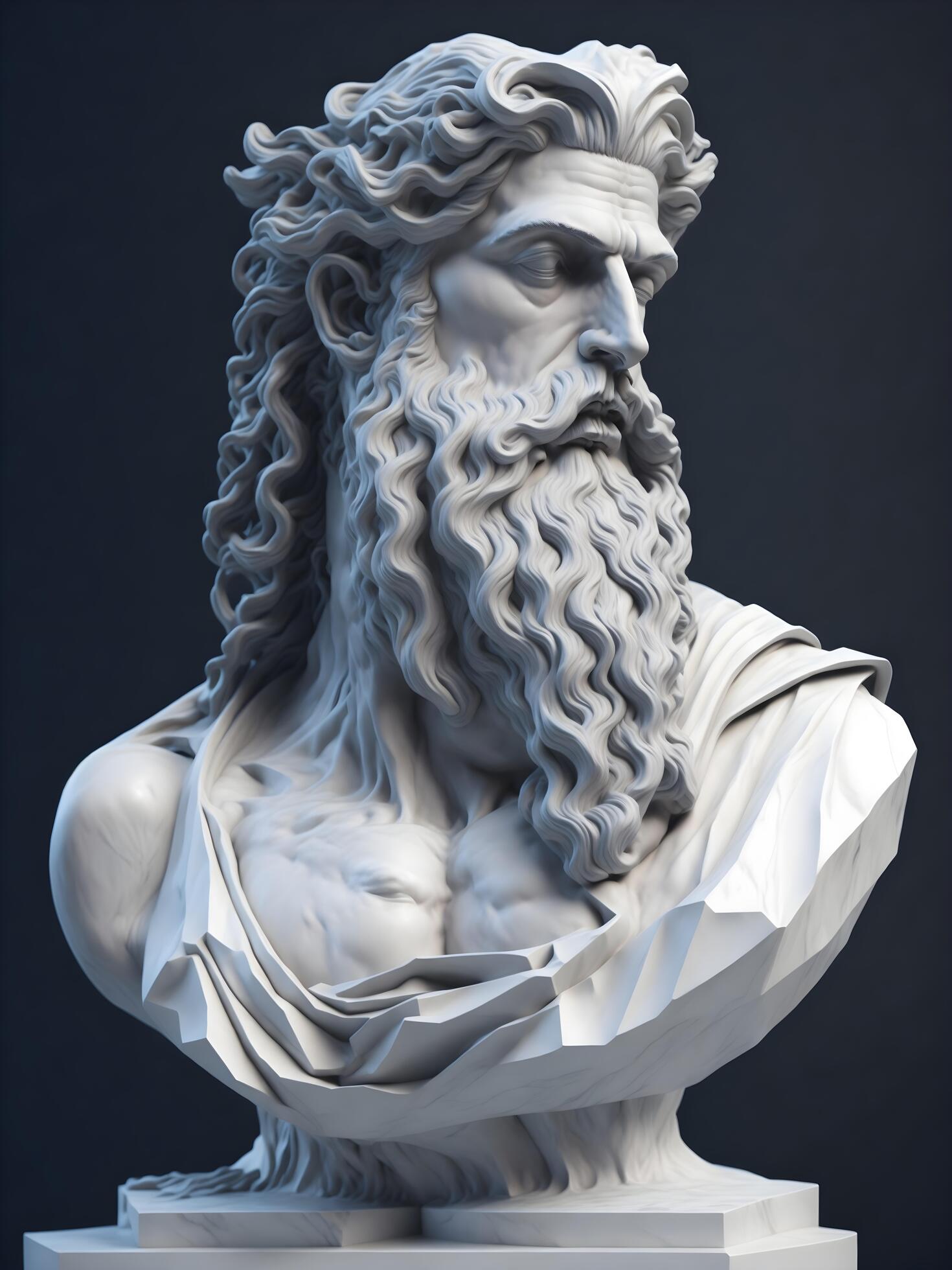When we think about stories of old, particularly those that bring to life powerful figures and ancient lands, our minds often wander to the grand spectacles seen on the big screen. The movie "Gods of Egypt," for instance, really brought a certain kind of historical fantasy to a lot of people, with its dramatic portrayals of deities and mortals in a world long past. It's almost as if these films make us wonder about the actual beliefs and wisdom that shaped those ancient civilizations, the very ideas that might have inspired such tales in the first place.
It's interesting, isn't it, how a film can spark curiosity about things far removed from the movie itself? We might find ourselves looking past the dazzling visuals and the actors who brought those characters to life, to ask deeper questions about what people believed way back then. What were the core principles that guided them? Were there, you know, fundamental truths they held onto, much like the enduring legends we still talk about today?
So, instead of focusing solely on the performances or the cinematic effects that make these stories pop, we can, perhaps, take a moment to explore some of the foundational thoughts that have echoed through time. These are ideas that, in a way, touch upon what many consider to be divine guidance, universal principles, and the very nature of existence itself, rather like the underlying currents that shaped those ancient societies that the cast of "Gods of Egypt" helped to depict.
Table of Contents
- Ancient Foundations - Unpacking Early Laws
- Knowing Divine Will - Is a Special Sign Needed?
- The Son's Identity - A Glimpse at Divine Roles
- Does a Name Hold Power, Even for the Gods?
- A Heavenly Government - Rule from Above
- Why a Personal Name for the Divine, Like for the Cast?
- Water's Grand Design - Sustaining All Life
- The Kingdom's Start - A Look at Prophecy
Ancient Foundations - Unpacking Early Laws
You know, when we think about really old stories, the kind that have shaped so many people, there are these rules, often called the Ten Commandments. These weren't just some random suggestions, you see; they were, like, a set of principles that, it seems, a higher power, often called God, shared with a fellow named Moses, meant for the folks of ancient Israel. They're actually written down in what many refer to as the Pentateuch, or the Torah, which are, you know, the first five books found in the Bible. It just makes you wonder, doesn't it, whether people who follow Christian beliefs today should still hold onto these very old guidelines?
Laws from Antiquity - What Did the Gods of Old Prescribe?
It's a question that, in a way, still resonates: are these ancient instructions, given through Moses, something that modern-day believers should feel bound by? For instance, some folks might argue that these principles are timeless, offering a moral compass that remains relevant no matter the era. Others, however, might feel that with the passage of time and the development of new understandings, the way these laws apply might have shifted. It's a discussion that, you know, really gets to the heart of how we connect with history and tradition, and how we interpret ancient texts in our present lives. The very idea of divine law, as seen in many old tales, including those that might have inspired the stories portrayed by the "Gods of Egypt" cast, is quite a fascinating subject to ponder, isn't it?
Knowing Divine Will - Is a Special Sign Needed?
Have you ever found yourself wondering about what life holds for you, or what direction you should take? It's a pretty common human experience, this desire to know what's next, or what path feels right. Some people, it seems, might feel that to truly grasp a higher purpose for their lives, they need something extraordinary. Maybe they think they need a very clear sign, or perhaps a vivid vision, or even what some call a special "calling" from a divine source. It's a natural thought, I suppose, to look for grand gestures when trying to figure out something so important.
Seeking Guidance - Does the Cast's Journey Reflect a Need for a Vision?
But then, you know, there's another perspective on this. What if the answers to life's big questions aren't always delivered with thunder and lightning? What if, in fact, the way to understand what a higher power might want for you is actually, well, a bit more accessible? The Bible, for instance, seems to offer its own responses to these very personal inquiries. It suggests that perhaps the guidance we seek isn't always about waiting for some dramatic, unmistakable signal. Instead, it might be about looking into the wisdom that's already there, openly available, for anyone who wishes to explore it. It's a bit like how the characters, or even the "cast," in those ancient stories, might have sought wisdom not always through grand visions, but through understanding long-held traditions or teachings, isn't it?
The Son's Identity - A Glimpse at Divine Roles
When you hear about Jesus, a figure central to many beliefs, it's pretty clear how he referred to himself. He would often speak of himself as "God's son" or, you know, "the son of God." These are phrases that, in a way, give us a sense of his connection to a higher power, highlighting a unique relationship. You can find these sorts of statements in texts like John, chapters 10 and 11, where he's pretty direct about it. It’s interesting, actually, to note that in all these instances, he never, not once, identified himself as the Almighty God himself. That's a pretty significant detail, wouldn't you say?
Who Was the Son? - Exploring Identity Beyond the Egypt Movie
Think about it: if he were truly the Almighty, would he need to pray? Yet, the records show that Jesus, in fact, prayed to God. This act of prayer, you know, really paints a picture of someone who looked to a higher authority, someone he considered distinct from himself. It suggests a relationship of reverence and dependence, rather than one of absolute, singular divinity. This distinction is, in some respects, quite fundamental to how many people understand his role. It’s a nuanced point that, just like the varied portrayals of deities in a movie about ancient "Egypt," invites us to look closely at the details of identity and relationship within spiritual narratives.
Does a Name Hold Power, Even for the Gods?
Have you ever really thought about names, particularly when it comes to a supreme being? It's a question that might seem small at first, but it actually, you know, holds a lot of weight for many. Does it truly matter whether or not a specific name for a higher power appears throughout a sacred text, like the whole Bible? It's a pretty interesting point to consider, isn't it? It seems that, according to the very oldest writings that we have access to, the ones that were put down first, a divine entity obviously felt it was important enough to be there. This suggests that a name isn't just a label, but something with real significance.
The Significance of a Name - What Does it Mean for the Cast and Beyond?
While we might use different titles to describe a higher power – words that speak to its position, or its authority, or perhaps its sheer strength – there's, like, only one name that truly captures everything that this entity is and everything it can become. That name, for many, is Jehovah. It’s more than just a word; it’s a way to encompass all the qualities and potential of the divine. It's similar to how, you know, a performer in a "cast" might have
Related Resources:



Detail Author:
- Name : Elliot Funk
- Username : hammes.sidney
- Email : louvenia89@yahoo.com
- Birthdate : 1986-03-16
- Address : 2694 Predovic Isle Apt. 177 Carrollberg, MN 94123
- Phone : +12484424564
- Company : Greenfelder-Streich
- Job : Farm and Home Management Advisor
- Bio : Vero quia quasi ut. Cumque temporibus assumenda qui consequuntur nulla ut nostrum debitis. Fugit ut hic quisquam et porro natus.
Socials
twitter:
- url : https://twitter.com/kirsten.torp
- username : kirsten.torp
- bio : Modi rem modi esse commodi cumque. Sed id consectetur cumque veritatis voluptates. Dolor omnis omnis cumque ut nobis ut.
- followers : 6369
- following : 1313
tiktok:
- url : https://tiktok.com/@torpk
- username : torpk
- bio : Minima eligendi nihil vero commodi et molestiae.
- followers : 1530
- following : 2554
linkedin:
- url : https://linkedin.com/in/kirsten.torp
- username : kirsten.torp
- bio : Et in cum natus culpa occaecati.
- followers : 4599
- following : 2898
facebook:
- url : https://facebook.com/kirsten3374
- username : kirsten3374
- bio : Atque vel quisquam ab dolor nobis odit voluptatum. Et culpa non repellat rerum.
- followers : 5075
- following : 1006